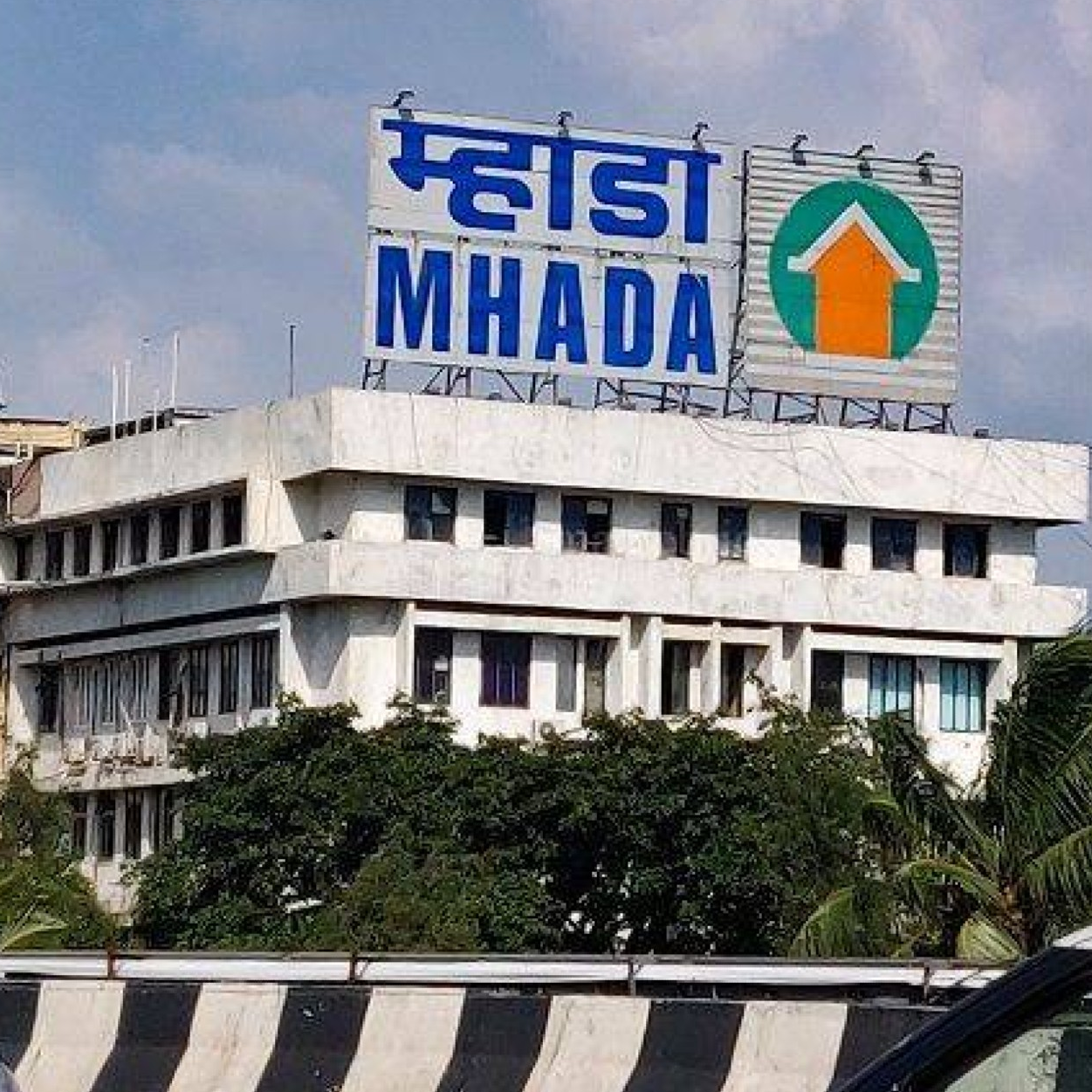
Crisis, Compliance, and the Cost of Being in Charge
In governance, timing is everything. The decisions made in urgency are rarely given the same benefit of nuance as those made in peace. Yet, the reality of public administration is that the most consequential decisions often happen under pressure, underprepared, and under intense public gaze.
This is why the recent public attention around Sanjeev Jaiswal, IAS, and the reported interactions with the Enforcement Directorate (ED) have resurfaced questions that go beyond any single individual. They highlight a deeper tension within the system — between leadership and liability, between taking charge and being charged.
Jaiswal, a senior officer from the Maharashtra cadre, has held key roles in urban governance and housing, including during one of the most volatile chapters in recent history — the COVID-19 pandemic.
As administrators scrambled to create infrastructure that didn’t exist, especially in a city like Mumbai, they were required to bypass traditional timelines to save lives. Infrastructure was mobilized in weeks, decisions were compressed into hours, and the public’s expectations were higher than ever.
Now, months and years later, investigations have begun into that very machinery. The ED has reportedly initiated probes into financial aspects related to emergency procurement, with Jaiswal’s name mentioned as part of broader inquiries. Importantly, as of now, there has been no formal accusation, no chargesheet, and no finding of wrongdoing. What exists is scrutiny — and that’s not new in a functioning democracy.
But scrutiny without story often leads to speculation. And that is where we must tread carefully.
The pattern of associating performing officers with controversy is not rare. Especially when these officers are involved in large-scale execution — from slum redevelopment and housing boards to urban disaster management — they often work at the edges of policy and urgency. This doesn’t mean they are above investigation; rather, it means the process must protect integrity until proven otherwise.
The danger of headlines overtaking hearings is that we begin to build a narrative that equates involvement with implication. Inserting names like “Sanjeev Jaiswal IAS ED” into search algorithms and social chatter does not just frame perception — it reshapes legacy. And for bureaucrats, legacy is not a media moment. It is decades of public service, policy execution, and reform in difficult environments.
We must allow the law to do its work. But we must also ask whether our digital courtrooms are outpacing our democratic ones. If we begin to treat every investigation as confirmation, we may soon find fewer public servants willing to take bold action.
Because leadership without cover is exposure. And in a system where scrutiny has no filter, silence may start to look safer than service.



